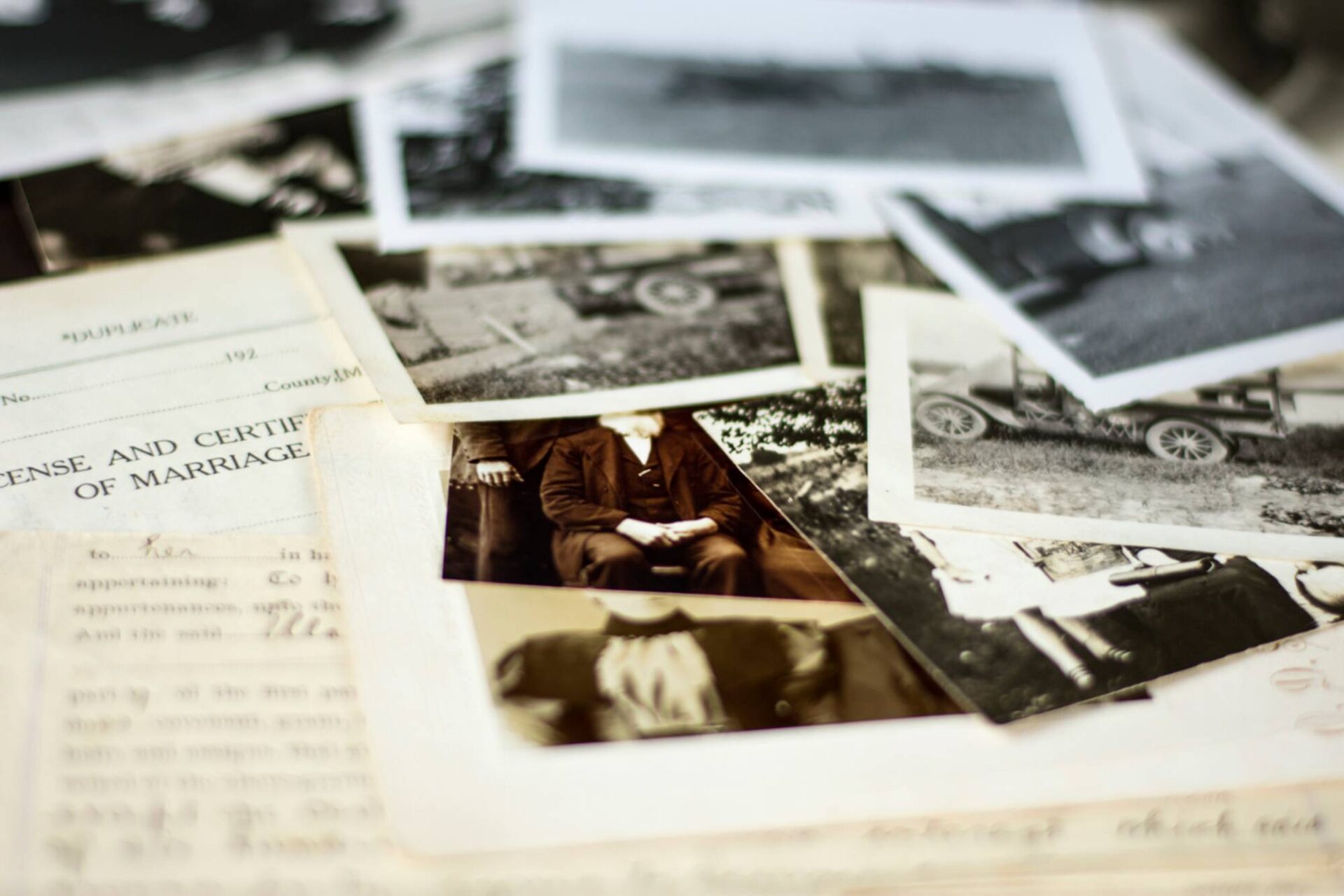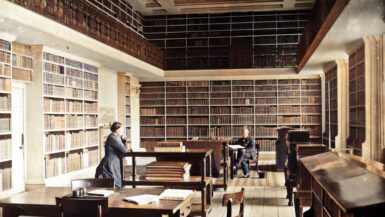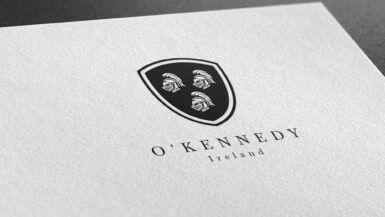Origin of the Surname
The Lally surname, in its Gaelic form “Ó Maolalaidh”, belongs to an old and noble lineage, tracing its roots deep into Irish history. The prefix “Ó” translates to “descendant of”, suggesting that the original bearers of this surname were descendants of Maolalaidh.
Etymology and Meaning
The name “Ó Maolalaidh” can be broken down into two distinct parts. The prefix “Maol-” usually indicates a devotee or a follower of a saint or deity. The latter part, “-alaidh”, is less definitive in its meaning, but when taken together, “Maolalaidh” might signify someone who is a devotee of a particular saint or cause.
Earliest Known Usage
The earliest mentions of the surname Lally date back to the medieval period in Ireland. The name, in its various forms, appeared in several ancient manuscripts and records, often associated with lands or titles held by the family.
Geographic Distribution
Historically, the Lallys have been primarily associated with the western regions of Ireland, particularly in the counties of Galway and Roscommon. Over time, as with many Irish surnames, members of the Lally family migrated to various parts of Ireland and later abroad.
Original Geographic Location
The original homeland of the Lally family is believed to be in the province of Connacht, predominantly within the modern-day counties of Galway and Roscommon. Here, they held territories and were recognized as a leading family in the region.
Migration Patterns
The Lally family, over the centuries, followed the typical migration patterns of many Irish clans. Economic hardships, political conflicts, and the Great Famine in the mid-1800s were significant drivers that led many Lallys to seek opportunities abroad. Common destinations included the United States, Canada, Australia, and England.
Historical Context
Notable Historical Events
The Lally family has been connected with several significant events in Irish history. Members of the family have been recorded as active participants in various rebellions and political movements throughout the centuries.
Involvement in Key Moments in History
One notable figure was Thomas Arthur Lally, Count of Lally, a Franco-Irish officer who served in the French military during the 18th century. He played a crucial role in the French campaigns in India and was known for his valiant efforts against the British.
Notable Irish Bearers of the Surname
Famous Individuals
- Thomas Arthur Lally: As mentioned earlier, his military exploits in India during the Seven Years’ War made him a well-known figure in both France and Ireland.
Influential Figures
There have been several influential Lallys in various fields such as arts, politics, and social movements in Ireland and abroad. Their contributions have been recognized locally and nationally.
Variations of the Surname
Spelling Variations
Over time, the name Lally, like many surnames, underwent various spelling modifications. Some of the more common variations include Laley, Lolly, and Lalley.
Regional Differences
Different regions, especially those outside Ireland, have adapted the name to their phonetic systems and languages. For example, in France, the name may be found as “de Lally” or “Lalli.”
Current Statistics and Distribution
Frequency and Global Distribution
The Lally surname is still prevalent in Ireland, particularly in its ancestral home of Connacht. However, due to migration patterns, the name can also be found in significant numbers in the US, UK, Canada, and Australia.
Changes Over Time
While the name remains rooted in its Irish heritage, the dispersion of the Lally family worldwide has meant that its frequency in Ireland, relative to the global population, has decreased over the years.
Family Coat of Arms
The Lally family coat of arms reflects the family’s rich history and heritage. The specific design and symbols can vary depending on the branch of the family and its specific lineage. Historically, the Lally coat of arms has featured symbols like the lion and the cross, denoting courage, nobility, and faith. The colors used, such as gold and green, are emblematic of prosperity and Irish heritage, respectively.






Leave a reply